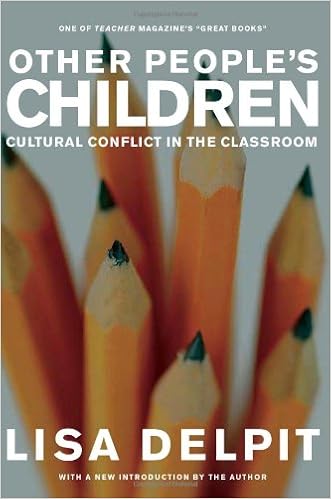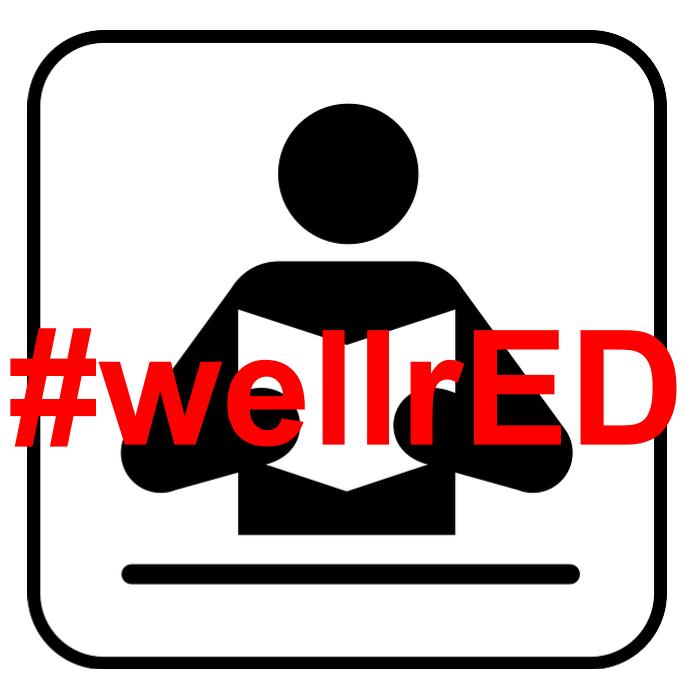
A quick keyword search for Lisa Delpit on the blog will show I’ve thought and written about her work pretty deeply over the years as I’ve thought about what it means to be the other in my classroom (both as a teacher relating to my students, and for my students relating to me).
As I continue this series of posts about those thinkers, practitioners, and researchers who directly influenced what you’ll find in Building School 2.0 in the run-up to its Sept. 8 release, I cannot say enough about Delpit’s work and this title in particular.
In Other People’s Childrenc, Delpit is challenging, fair, thoughtful, and caring in laying out – over the course of several essays – some key considerations and understandings teachers (particularly teachers who are white) need to take up so that they might be better versions of themselves when working with students who come lived experiences wholly different from their own.
More than anything, I hope you pick up Other People’s Children, select a chapter, and start a lunch-time reading group with faculty friends. The conversations won’t be comfortable or easy, and they shouldn’t be. Most important conversations, most acts of changing your mind, are difficult. That’s good.
I hope, in some small way, Chris and I honor Delpit’s ideas and weave them with those of others.
